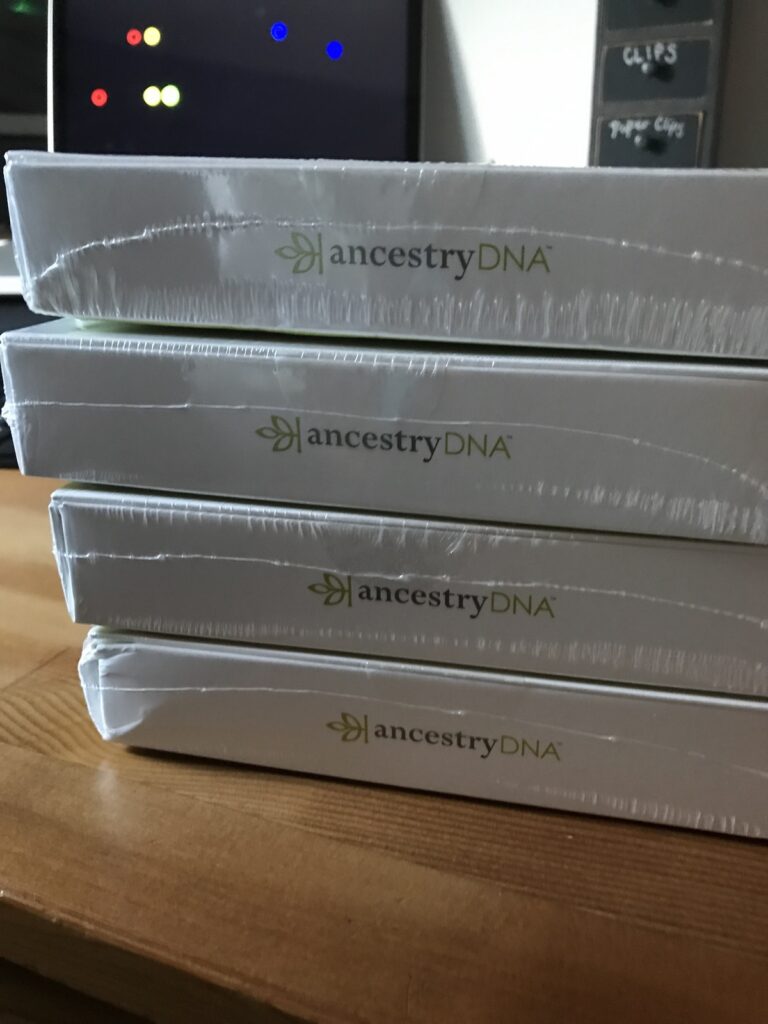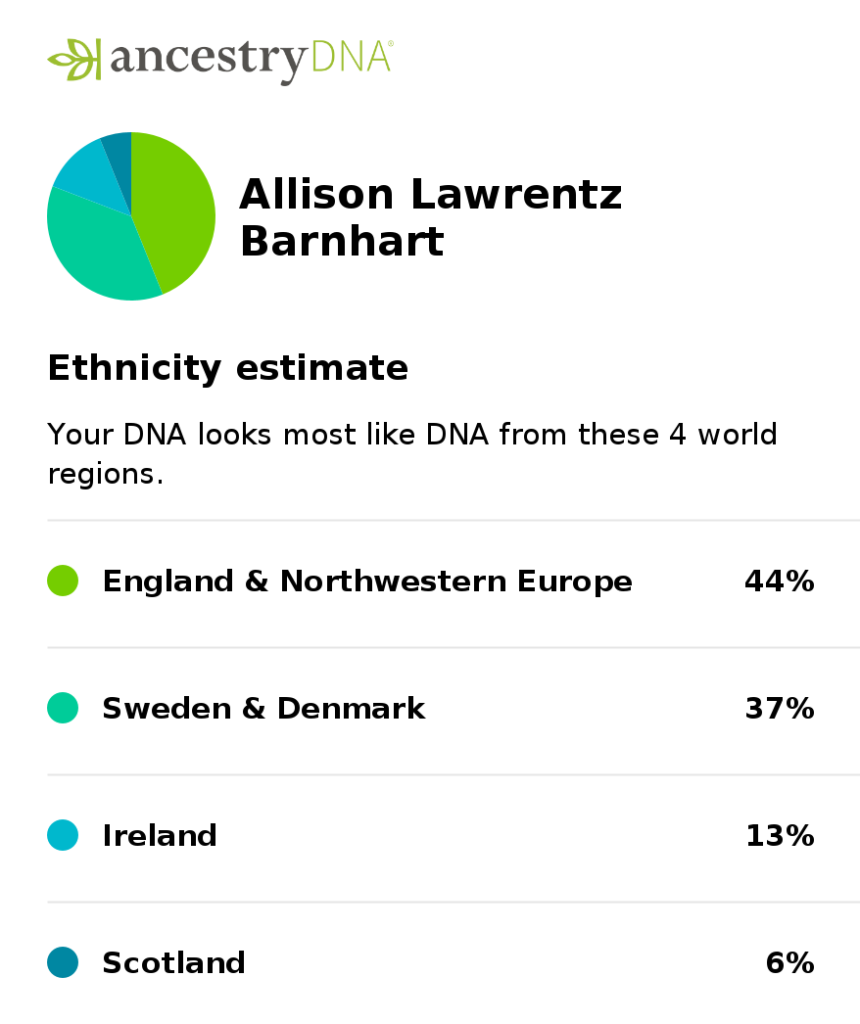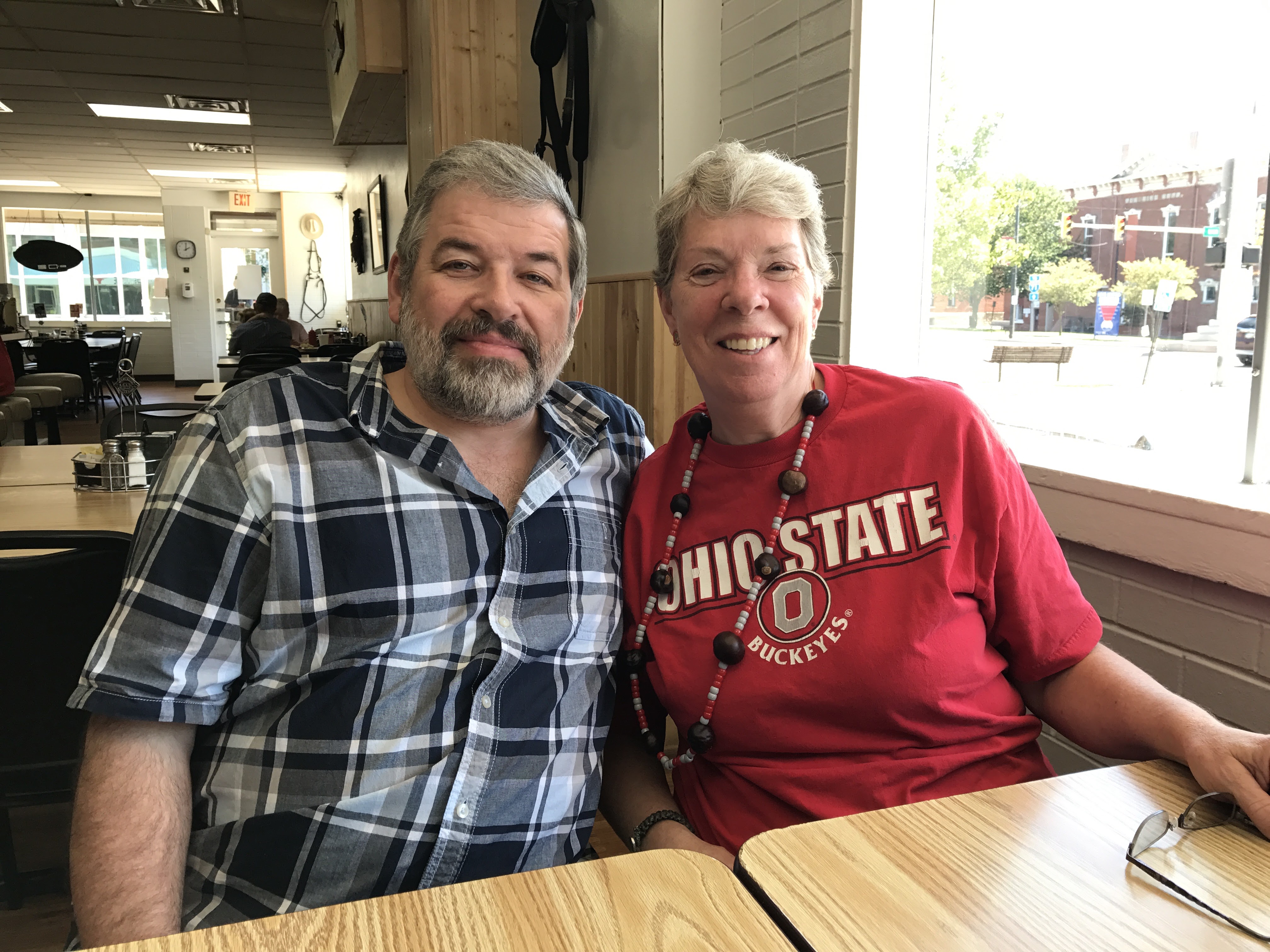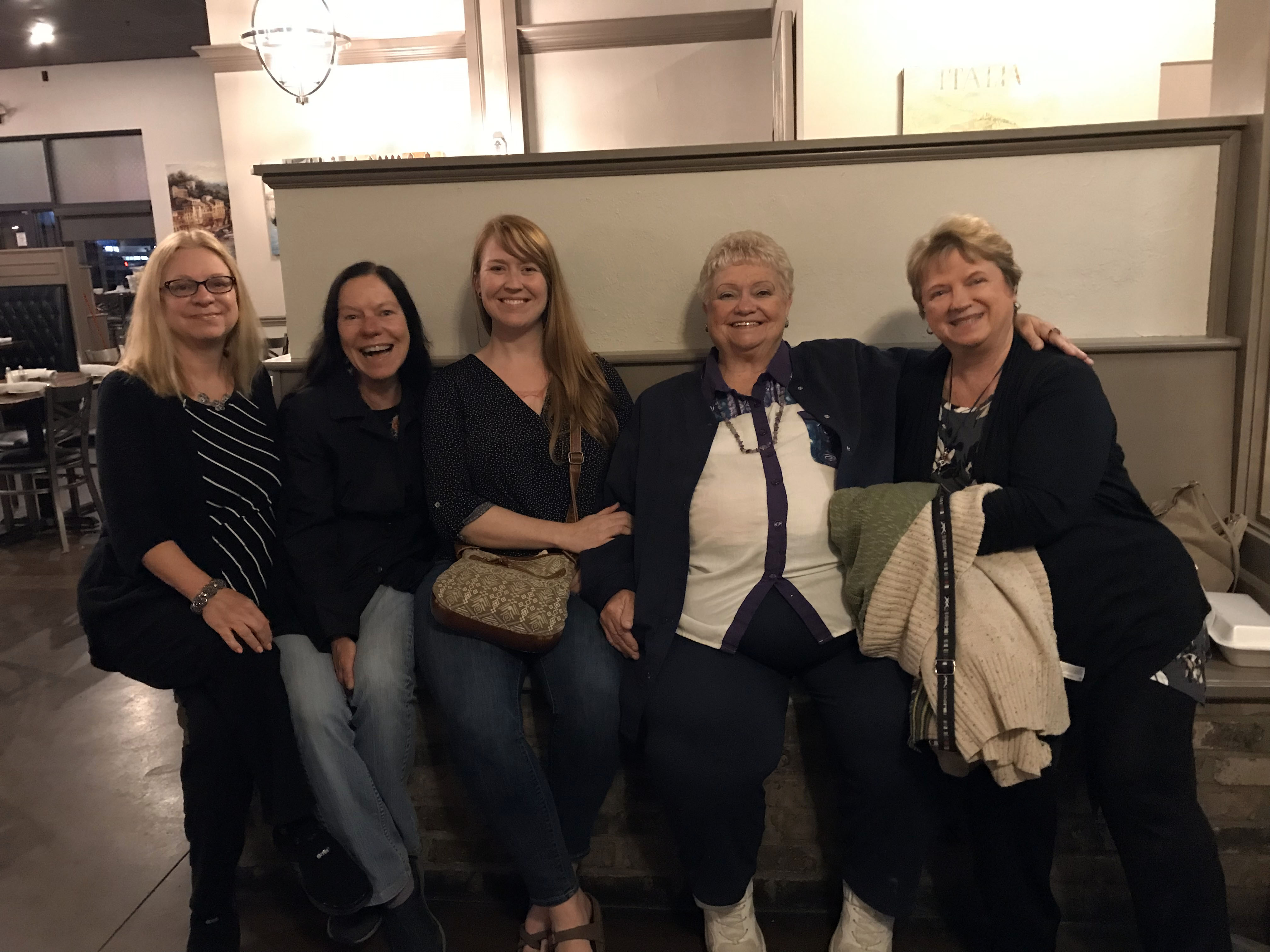GONE ARE THE DAYS of thinking that genealogy is only for the retired grannies and grandpas. However, I hope I keep the obsession hobby going when I inevitably reach granny status. Over the years I’ve come to see why the majority of family historians have been middle aged to elderly—it takes up so. much. time. No matter how much you have to begin with from dedicated family elders, the discovering is unceasing.
And now, with genealogical DNA testing to uncover your ethnic background, fill the missing branches of your family tree, and connect with long-lost relatives the field of genetic genealogy has gained even more popularity. Advancements in technology, accessibility, and affordability of genetic testing, are making it more possible than ever for people around the world to getting their hands on direct-to-consumer genetic ancestry testing.

What can DNA ethnicity estimates reveal?
With DNA ethnicity estimates provided by companies offering genetic ancestry tests we can discover the various ethnicities and ancestry that make up our genetic heritage. It will even give you a percentage estimate of each ethnicity it detects. While DNA doesn’t lie, the ethnicity estimate, is just that. An Estimate. It’s purely to gain a picture of how your particular DNA may be divvied up, it can change due to continual improvements to testing in native populations anywhere in the world. Over the last ten years I’ve monitored tests for people, it’s been exciting to notice some of the ethnicity groups go from general regions to more specific countries.

^ diverse(ish) ancestry ^
Two key aspects that DNA ethnicity estimates can reveal include:
-
Percentage breakdown of different ethnicities: DNA testing can provide a detailed breakdown of the various ethnicities represented in your genetic profile, allowing you to learn about your diverse ancestry.
- Migration patterns: By analyzing genetic markers, DNA testing can provide insights into the migration patterns of ancestors, which can help you understand how your family’s origins might be linked to specific regions or countries.
Connections to specific populations:
Genetic ancestry testing can help you identify specific populations or communities with whom you share genetic similarity, potentially leading to the discovery of previously unknown relatives or connections.
With millions of people already embracing genealogical DNA testing, it’s clear that this form of exploration and self-discovery has captivated the curiosity of people around the world.
Resources for further study about genetic genealogy testing:
What to expect from your AncestryDNA® test results »
Sequencing Education Center on Genetic Genealogy & AncestryDNA Testing »
Genetic Ancestry Testing: A Peer Reviewed Article from the National Institutes of Health National Library of Medicine»
Library of Congress Research Guide on Genetic Genealogy: DNA and Family History»
My AncestryDNA communities list:

The Surprises in Your Heritage
It’s natural to want to connect with your roots and uncover stories about your heritage. Some people have always been curious, while others experience some moment in their lives that sparks more of an interest or need to know. This is where DNA testing comes in—a simple and affordable way to delve into our ancestral past. By analyzing our genetic makeup, DNA tests can unravel surprising revelations about our origins, providing us with a deeper understanding of who we are and where we come from.
Discovering Unexpected Ethnicities and Cultural Backgrounds
One of the most fascinating aspects of DNA testing is the ability to uncover unexpected ethnicities and cultural backgrounds. Many individuals have been astonished to learn that their heritage goes beyond what they previously thought. Imagine discovering that you have a small percentage of Native American ancestry or that you are connected to a particular region you never knew existed in your family history. These unexpected findings provide a sense of excitement and curiosity, urging us to learn more about the cultures and traditions that make up our diverse genetic background.
Insights from a recent survey on surprising DNA test results:
A recent survey conducted among individuals who have taken DNA tests revealed some fascinating insights. It was found that a significant number of participants discovered ethnicities they never expected to be a part of their heritage. For example, someone who always believed they were of European descent may find out that they also have traces of African or Asian ancestry. These surprising results highlight the complex and interwoven nature of our genetic makeup and our shared human history.
The survey also uncovered stories of individuals connecting with distant relatives they never knew existed. Through DNA matching, many participants were able to find long-lost cousins or siblings, creating newfound connections and expanding their family trees. This sense of belonging and unity can be incredibly meaningful, bringing individuals closer to their true identity and fostering a deep appreciation for the diversity within their own bloodline.
The Psychological Risks of Uncovering Unknown Truths
Well, maybe you can. Just be careful.
Uncovering unknown truths about our family history can have significant psychological impacts. Stories abound of families who have been rocked by scandalous revelations, such as discovering unknown siblings, illegitimate children, or secret affairs. The shock and disbelief that accompany these revelations can be overwhelming, leading to a range of emotional responses, including anger, resentment, betrayal, and confusion. Families may be faced with the difficult task of reevaluating their perceptions of their loved ones, questioning the reliability of their family narratives, and ultimately coming to terms with new, and sometimes uncomfortable, family dynamics.
Brace for Emotional Impact
The emotional impact of uncovering unexpected family secrets can be profound. You may experience a mix of emotions, including shock, sadness, anger, and confusion. Learning that your family history is not what it seemed can challenge deeply held beliefs and notions of identity. Questions about your heritage, upbringing, and values may arise, creating a sense of disorientation and a need for self-reflection. Plus, family relationships can be greatly affected, as individuals grapple with trust issues and a redefinition of their place within the family structure.
It is important to acknowledge that these emotional reactions are normal and valid. Facing the truth about your family history can be a transformative and challenging experience. Seeking support from trusted friends, family members, or mental health professionals can help you wade through the emotional upheaval that may come and find a sense of acceptance and understanding.









While DNA testing uncovered unexpected truths about my family history and it may uncover truths for you as well, it is essential to recognize the potential psychological risks involved. The process of unearthing secrets can be emotionally distressing, depending on how long the secrets have been kept, if the key people are still with you or passed away, and the family and friends left with the consequences of one or two peoples’ choices. But if you understand what you may be in for and no matter how the truth plays out, get the little tube and get spittin’.
It will connect you to your identity and your ancestors in a way you would never have imagined when you were younger. Beyond the dates, places, and cemeteries, lies a huge goldmine of information waiting to be uncovered. And you’re carrying it around with you everyday.
Coming soon…Part II
Don’t miss the next Get a Clue post.
Subscribe to my newsletter and get the latest article, practical
genie research hacks, updates about my book The Record Keeper, and more!


